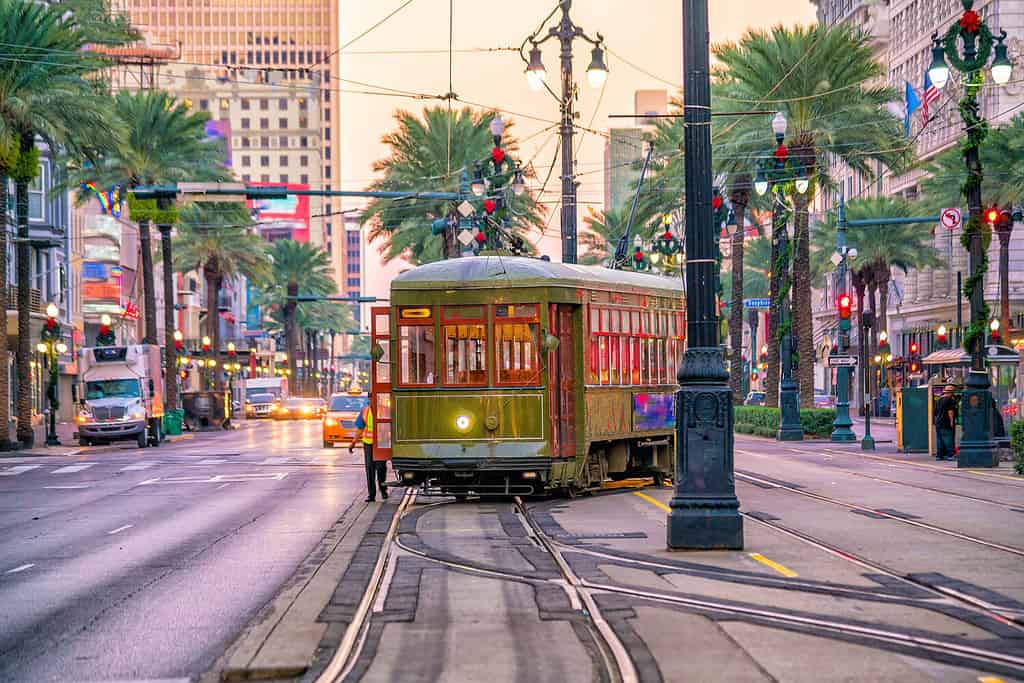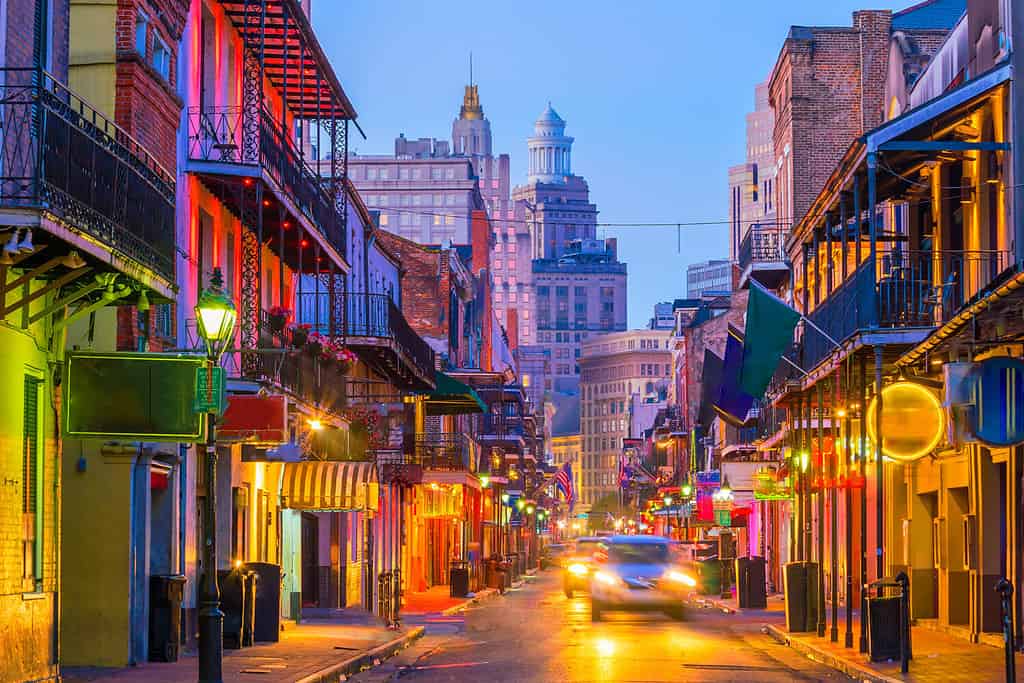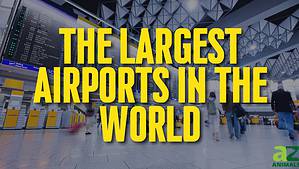New Orleans is a city that is known and beloved by many, and not just domestically either. In fact, this beautiful Louisiana city welcomes over 19 million tourists into its jazz-filled streets every year. An interesting cultural melting pot of Creole, French, and African American traditions alike, there is truly something for everyone in New Orleans.
Something just as colorful as its present culture, though, is the city’s origins. The city of New Orleans has been tossed around quite a bit. Since its establishment, it has fallen into the possession of not one, not two, but three separate nations! If you’re interested in knowing how exactly NOLA developed into the city we all know and love, this article is for you. Together, we’ll be breaking down the founding of this amazing place and how it came into the possession of the United States.
The Origin of The Name New Orleans

The city of New Orleans was founded in the year 1718.
©f11photo/Shutterstock.com
Like most good stories, this one starts at the beginning. New Orleans was founded in 1718 by a French Canadian colonizer, Jean-Baptiste Le Moyne de Bienville. He was on a constant quest for land to explore and subsequently secure for the French Navy (of which he was an officer). In fact, he played a very key role in the early settlements of the Mississippi River valley.
Bienville decided to name the city after Philippe II, Duke of Orléans, who was Regent to France from the years of 1715 to 1723. This homage was expected because he was both the head of the French government and a member of the royal family. Many early explorers dedicated the names of the places they founded to those who funded and oversaw their expeditions.
The name he chose for the city to honor the regent was “La Nouvelle-Orléans,” which conveniently enough translates directly to “New Orleans” in English. Although the area’s name changed alongside its language, it is still the same.
Aside from the name being after a literal government official in France, it is also symbolic of the city’s cultural heritage. New Orleans’ name isn’t the only part of the city that remains French in essence. Through its architectural design and cuisine, it is clear that the area has at least some French influence to this day. Even one of the city’s most popular areas is named the “French Quarter”!
What Does NOLA Stand For?
So, how does this relate to the city’s common nickname, NOLA? The answer to this question is probably much simpler than one would think. The nickname NOLA is an acronym that stands for both the city name, New Orleans, and the state name, Louisiana. This is not actually an abbreviation with a specific origin. Despite that, it is commonly used by natives of the area and tourists alike. Many local businesses, social media accounts, and even news outlets have embraced the catchy name.
How Did New Orleans Become Part of the United States?

The United States was given the territory of New Orleans through the Louisiana Purchase.
©f11photo/Shutterstock.com
Put your learning hat on because this information might take you down memory lane to the last time you had a United States History class. We’ve already gone over the fact that, initially, the French founded New Orleans. However, the city actually fell into the possession of the Spanish government in 1762. The area was so highly sought after because it was a strategically placed port city. Its location was quite close to the mouth of the Mississippi River. This allowed for control over those who accessed the river and North America in general.
Through a secret treaty entitled ‘Treaty of San Ildefonso,’ France was able to regain control of their previous Louisiana territory. This made leaders in the newly-established America a bit panicked because the mastermind behind the treaty was the conqueror Napoleon. If Napoleon was ill-intentioned or planned to expand into North America further, it could cause great trouble for the already shaky nation.
The Louisiana Purchase
As we know now, Napoleon’s North American expansion was never something that actually came to fruition. Instead, he decided to concentrate his efforts in Europe. He decided to part ways with the entirety of his Louisiana territory to then-President Thomas Jefferson in 1803. This sale, referred to as the Louisiana Purchase, exchanged the French territory for $15 million. This revolutionized American expansion because massive stretches of unsettled land were now available for the taking. Not to mention, it secured America’s access to the Mississippi River. This sale is often referred to as one of the most important deals in the history of the United States.
After the purchase concluded, New Orleans exploded in growth. It became a massive national port city and played a large role in its economic development. In the 19th century especially, New Orleans was a hub for exporting agricultural goods like cotton. Though the merchandise might have changed with time, the city is still a huge epicenter for economic and cultural development in the United States.
The photo featured at the top of this post is © f11photo/iStock via Getty Images
Thank you for reading! Have some feedback for us? Contact the AZ Animals editorial team.






